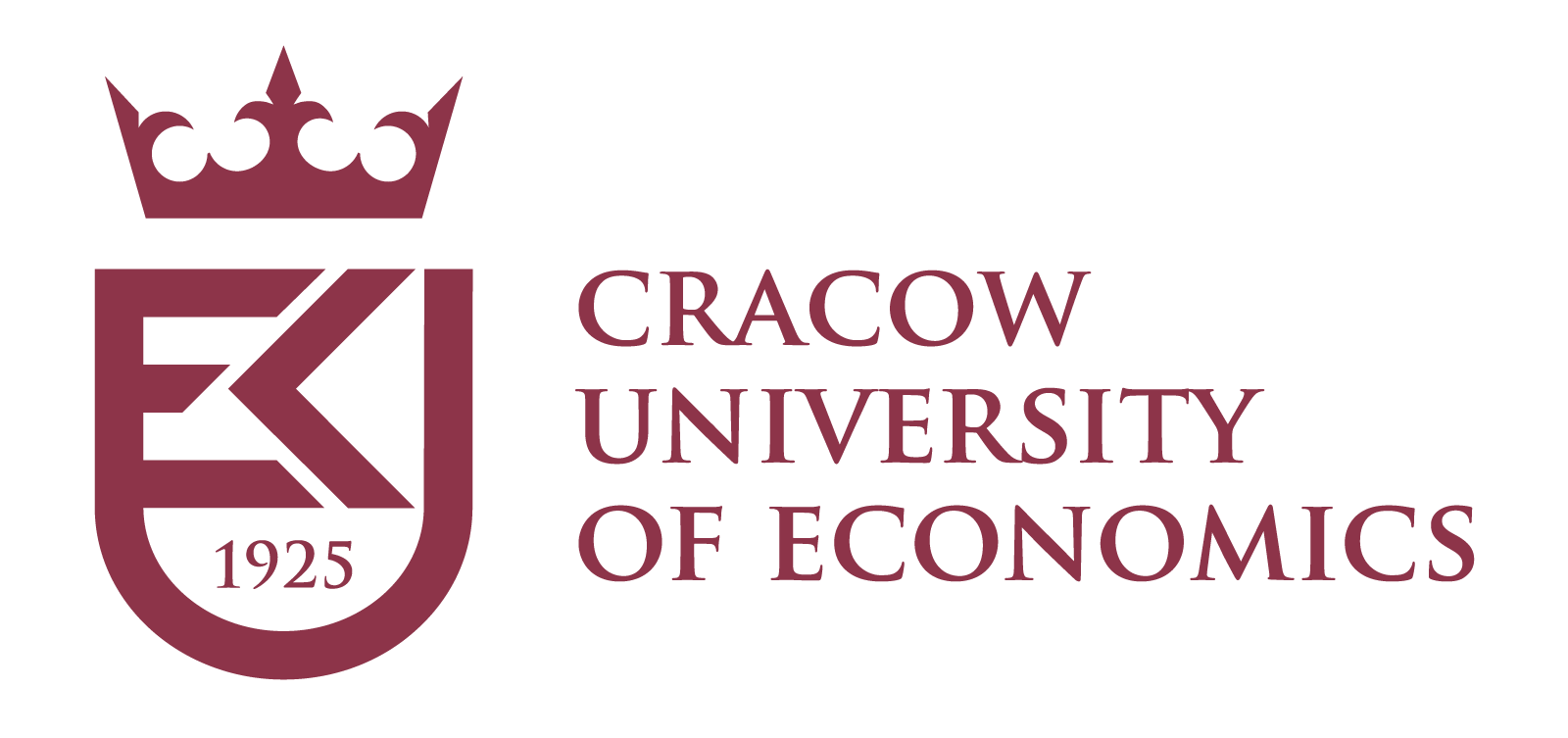Andrew Crooks is a geospatial computational social scientist and a Professor within the Department of Geography at the University at Buffalo (UB). He holds a PhD in Geography from University College London and prior to joining UB he was an Assistant and Associate Professor of computational social science at George Mason University. Andrew’s area of expertise relates to exploring, understanding the natural and socio-economic environments with a specific emphasis on cities through the lens of computational social science. For Andrew to carry out his research he utilizes methods from geographical information systems (GIS), social network analysis (SNA) and agent-based modeling (ABM). He is the lead author of the book “Agent-Based Modelling and Geographical Information Systems: A Practical Primer” and co-edited “Agent-Based Models of Geographical Systems.” His research has been funded by numerous US government agencies and he has published widely in interdisciplinary journals. Andrew is co-editor of Environment and Planning B: Urban Analytics and City Science and serves on several leading GIS editorial boards. More information about Andrew can be found on his research website: https://www.gisagents.org/
Guillaume Deffuant is an applied mathematician by training and he holds a PhD in cognitive science.He is currently a senior researcher at INRAE (French National Research Institute for Agriculture Food and Environment) at the “Laboratoire d’Ingénierie des Systèmes Complexes” (Clermont-Ferrand, France). His main research interest is modelling social dynamics with a particular focus on explaining their emergent features. In collaboration with colleagues, he developed and studied agent based models (for instance about farmer decision processes) derived from multiple sources of data as well as more abstract individual based models of opinion dynamics.He is also interested in regulating complex dynamics in order to enhance the resilience of specific properties or patterns of the system. He coordinated or participated in numerous European or French research projects on these topics.
Volker Grimm is a biologist and physicist at the Department of Ecological Modelling at the Helmholtz Centre for Environmental Research – UFZ in Leipzig, and Professor Emeritus of Theoretical Ecology at the University of Potsdam. He is co-author of both a monograph and the first textbook on agent-based modelling. His research focuses on optimising model development, communication and validation. He has been involved in modelling a wide range of plant and animal populations and communities. Using agent-based models, he seeks to link behaviour and personality to population and community dynamics. More recently, he has chaired the standards working group of the Open Modelling Foundation and is involved in the development of a honey bee model towards a ‘digital twin’. Through his work on standards such as ODD and TRACE, he has collaborated with colleagues from a wide range of disciplines.
Elżbieta Richter-Wąs is a full professor at Faculty of Physics, Astronomy and Computing Science of Jagiellonian University in Krakow. Her scientific research domain is the phenomenology of electron-positron and proton-proton collisions at high energies. She successfully conducted both analytical calculations in perturbative QED and QCD, as well as developed their numerical applications leading to specific phenomenological predictions. Since the beginning of the 1990s, her scientific interests have increasingly been directed towards experimental physics, and primarily focused on the search for the Higgs particle.
On July 4, 2012, two international research teams, ATLAS and CMS, collecting data at the Large Hadron Collider (LHC) in the European laboratory CERN near Geneva, announced the observations of a new particle with a mass of approximately 130 proton masses (125 GeV). This discovery was consistent with predictions about the Higgs particle in the so-called Standard Model of elementary interactions. Professor Elżbieta Richter-Wąs took direct part in this research. Since 1994, she has been a member of the ATLAS experiment, and in the years 1995-2003 she coordinated the work of the group in the ATLAS experiment dealing with the development of a strategy for searching for the Higgs particle. She also participated in the final stages of preparation and launch of the experiment and the first analyzes of experimental data.
She was honored with the Scientific Award Maria Skłodowska-Curie in the field of physics in 2017. The distinction was awarded to her for “a significant contribution to the discovery of the Higgs particle and the study of its properties as part of the ATLAS experiment at CERN.” From January 1, 2020, Professor Elżbieta Richter Wąs became a corresponding member of the Polish Academy of Sciences.

